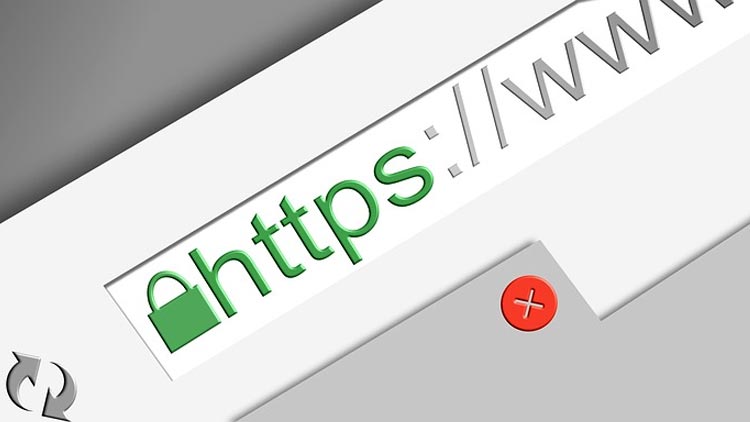Why SSL Certificate is required for website??

If you own a website or a blog in 2019, you need SSL. It’s as simple as that. An SSL certificate is no longer a luxury; it’s an out and out necessity nowadays.
The core function of an SSL certificate is to protect server-client communication. On installing SSL, every bit of information is encrypted. In layman’s terms, the data is locked and can only be unlocked by the intended recipient (browser or server) as no one else can have the key to open it.
You can obtain paid SSL certificate with 1-3 years validity with warranty. Whereas, Free SSL certificate also available with 30-90 days validity with renewal option but lack the provisions of Extended validation, Organization Validation, and no warranty.
Benefits of using an SSL Certificate
SSL Protects your confidential data
The core function of an SSL certificate is to protect server-client communication. On installing SSL, every bit of information is encrypted. In layman’s terms, the data is locked and can only be unlocked by the intended recipient (browser or server) as no one else can have the key to open it.
SSL affirms your identity
When you want to install an SSL certificate, you must go through a validation process set by an independent third party called a Certificate Authority (CA). Depending on the type of certificate, the CA verifies the identity of you and your organization. Once you have proved your identity, your website gets trust indicators vouching for your integrity. When users see them, they know who they’re talking to.
Better search engine ranking
Google made changes to its algorithm in order to give the upper hand to HTTPS-enabled websites. To give a safer web browsing experience from 2018 onwards, Google has decided to flag the websites which do not have an SSL/TLS Certificate installed on their website.
SSL helps your satisfy PCI/DSS requirements
If you accept online payments, you must know a thing or two about PCI/DSS requirements. To receive online payments, your website must be PCI compliant. Having an SSL certificate installed is one of the 12 primary requirements set by the payment card industry (PCI).
Therefore, SSL is essential—whether you want it or not.
SSL improves your customer trust
The easy to identify signs inform the users that the data they send will be secured. And if you’ve installed an OV or EV SSL, they can see your organization’s details. Once they know that you’re a legitimate entity, they’re far more likely to do business with you or even revisit your site.
There are mainly three types of Validation followed by Certificate Authority to issue an SSL certificate such as:
Domain Validation (DV) SSL
DV SSL Certificate is a low priced certificate, it will cost you from INR 300 (approx. $4) for one year, DV SSL issued within minutes through automated domain name authentication process. It activates standard SSL visual indicators - green HTTPS and padlock in the browser's address bar. You can secure your single website only by installing DV SSL certificate on your server.
Organization Validation (OV) SSL
OV SSL Certificate is an ideal certificate for any business website that collects user's personal information, OV SSL issued within 3 days after authentication of company and domain name, which will cost you from INR 1600 (approx. $25) for one year.
Extended Validation (EV) SSL
EV SSL certificate offers the highest level of trust in your customers as well as better protection against phishing attacks. EV SSL involves most strict validation process of your legal organization and domain ownership, and it can be issued within 7 days.
EV SSL show your company name along with green padlock in browser's address bar as seen picture above. It will cost you in India from INR 4000 ( approx. $70) for one-year validity.
If you want to secure your primary domain and unlimited sub-domains with a single certificate, then Wildcard SSL is the best choice, which can be issued by either Domain Validation or Organization Validation method. It will cost you from INR 2400 (approx. $38)
Multi-Domain (SAN) SSL certificate allows securing multiple domains or sub-domains. You can purchase Multi-Domain SSL from INR 1200 (approx. $20) including 2 or 3 domains (SAN) protection and up to 100 additional domains protection available at extra cost.
